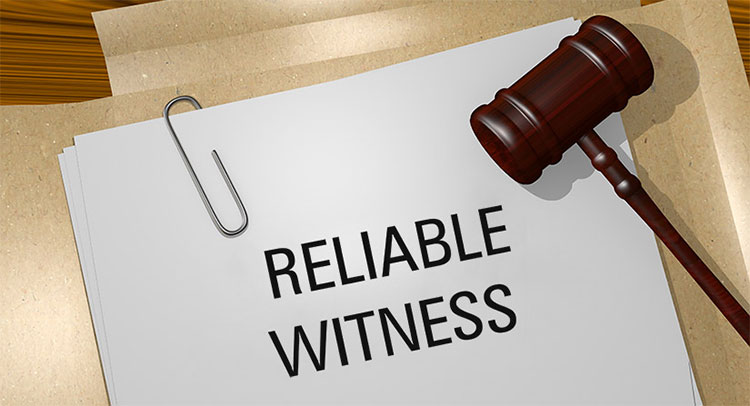




Shreya became a widow at 35, when her spouse passed away in an unfortunate road accident, leaving their two children to her care. Her husband had made a will just a few years after their marriage, due to which most of his property and assets were passed on to Shreya, after his demise. Since a legal will draft was in place, she inherited her husband’s property and wealth without the need to obtain a succession certificate from a court, which would have easily taken another 6 to 12 months. Besides, she would have incurred court fees and legal expenses, running into a few lacs.
Having realized the advantage of creating a will, Shreya wanted her children to receive her property and wealth without any fuss in case she met with an untimely fate, by drafting her own will in her children’s favor. Since a will must be signed in the presence of two witnesses above the age of 18 and with a sound mind, Shreya has picked three witnesses: Sherly, 40, a long-time and close family friend; Alia, 42, her daughter’s music teacher and a distant relative; and Naveen, 35, who runs a grocery shop in the neighbourhood, that’s frequented by the family for over the last 8 years.
Technically, any two people can be witnesses when creating a will who should be non-beneficiaries or their close relatives, and preferably younger than the will maker in age. However, it is prudent to go for witnesses who are reliable, honest, and truthful, and don’t have any personal interests in the will, or don’t stand to inherit from the will. In the event of any challenge by anyone, any of the witnesses have to testify in person before a court, that the will was signed in his/ her present, which is how the will gets validated. In short, they must be “independent witnesses” and they should be well-wishers to support your will beneficiaries, in the event of any dispute. Shreya, in the above example, had given a lot of thought to these aspects while choosing Sherly, Alia, and Naveen as witnesses. She also decided to have more than two witnesses, so at least two of them could reasonably be expected to survive her.
Witnesses are not necessarily required to read the contents of a will. All that witnesses must do, under the law, is attest (sign) the will to confirm that the testator (maker of the will) has signed it in their presence, has made it out of free choice (not under threat or coercion), and, while doing so, was of sound mind. At that point, if questions arise about the legitimacy of the will, then witnesses can be called by courts to give evidence about its legality. Nowadays, video recordings of the will signing event are made, and the clips are stored along with the will for future reference, if required.
Though it is NOT mandatory, apart from the witnesses discussed above, it is certainly possible to have an additional witness for any will, namely, the government. The process of including the government as an additional witness is termed as ‘Notarization’ or ‘Registration of Will.’ Registration of a will can be done anytime during the lifetime of the will maker. This is completely optional. For the record, any will made on a plain paper, signed at any place in the presence of at least two witnesses, is treated as a 100% legal will as per Indian laws.
Making a will yourself is quite a simple procedure, which just takes intention, smart planning and proper decision-making, may not need to include lawyers or officials. You can write to us for more details on how we can help you with a simple will form and why a last will and testament draft is so important in the Indian context.
To know more, please write to us at iwill@icicisecurities.com